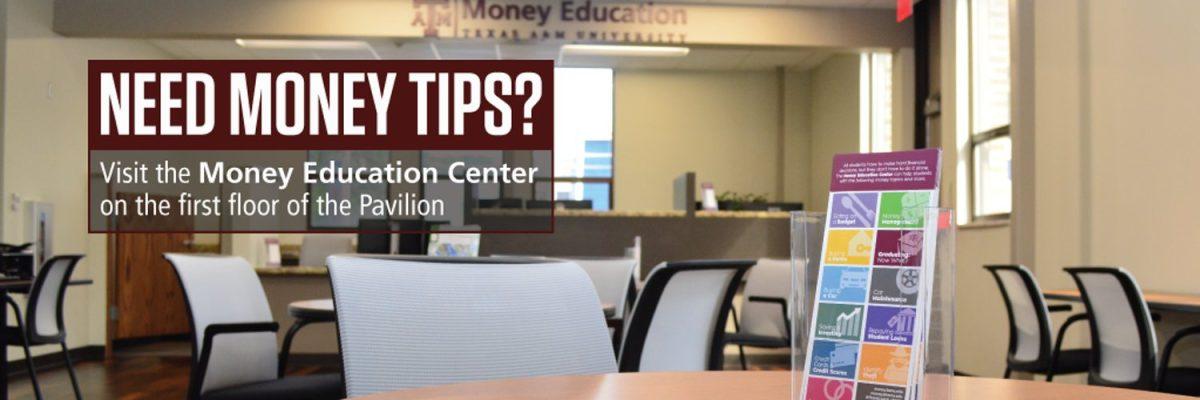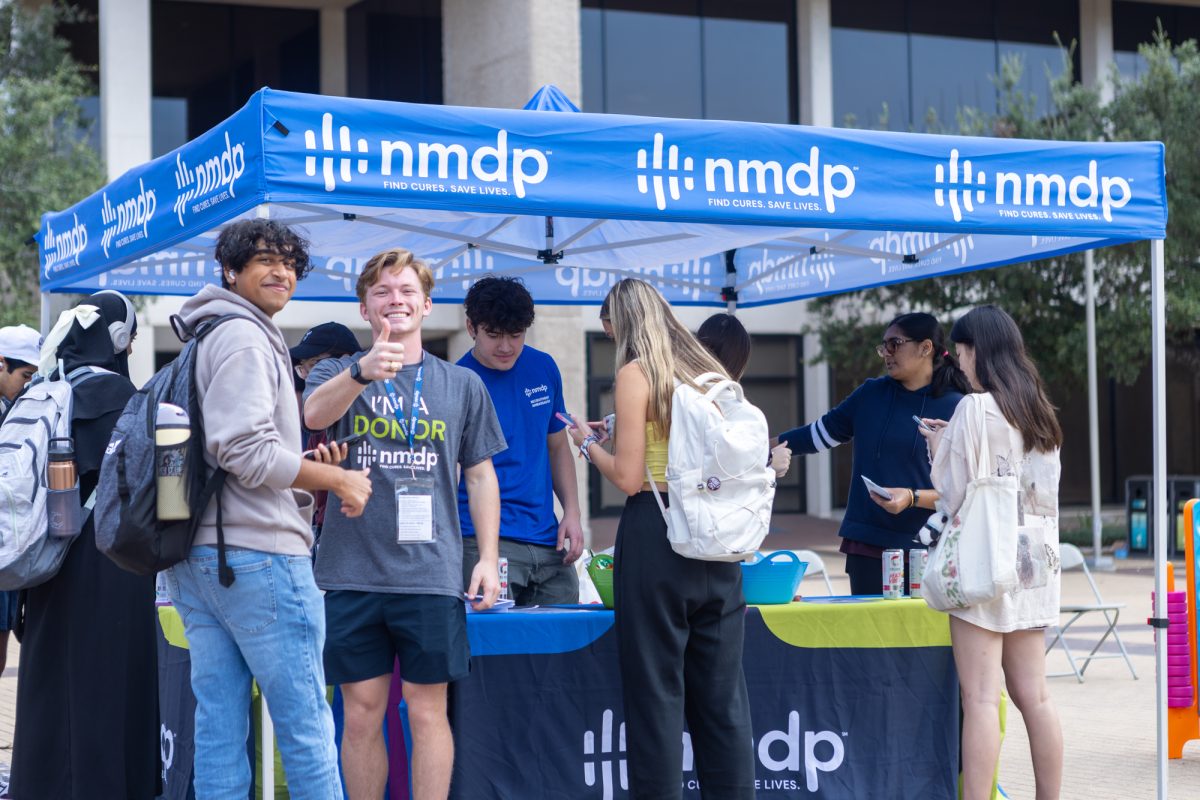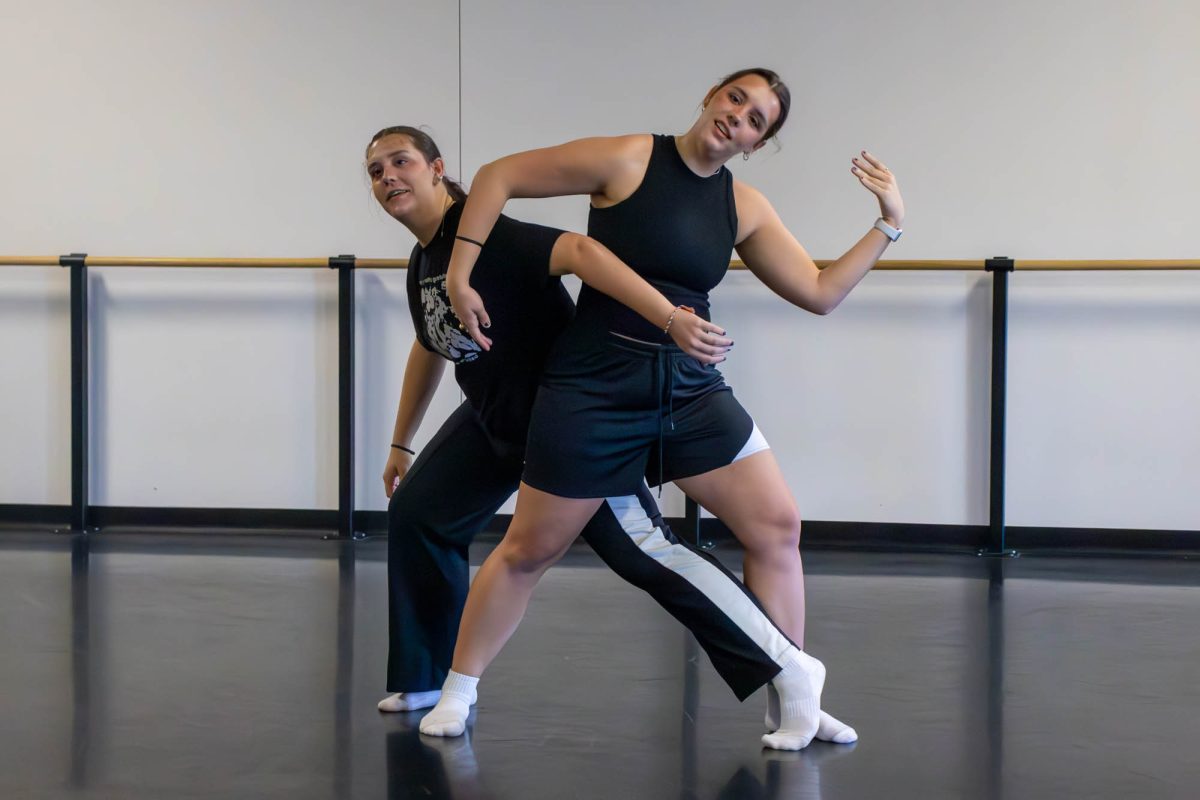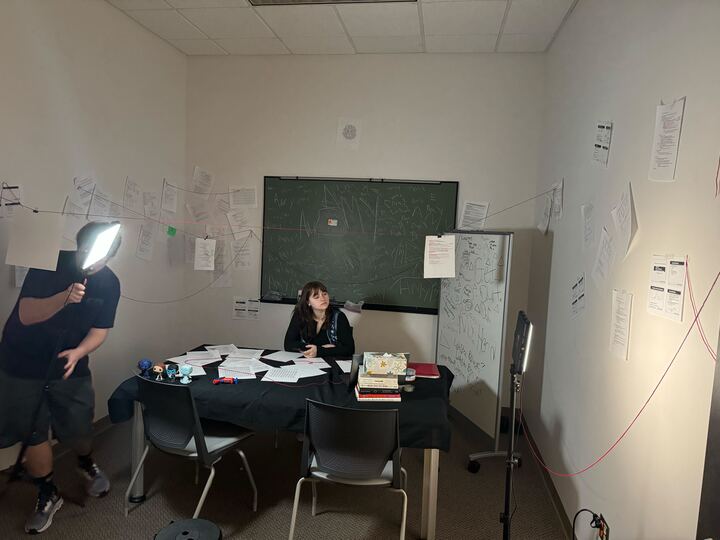As the Texas unemployment rate continues to increase from 5.1 to 12.8 percent, students are learning to be fiscally responsible in difficult times.
Many students have been facing internship and job cancellations since the outbreak of the coronavirus that have put them in financial distress. However, some students have taken the initiative to open businesses and create monthly budgets in order to save money and stay afloat until life returns to normal.
Supply chain management senior Madaleine Merka said that she has been fiscally responsible during the pandemic by focusing her downtime on her Depop business, @patchgarden where she sells decorative patches.
“It has allowed me to triple the amount of products available to my customers, which has also led to a 5x increase in my monthly sales,” Merka said. “As I have been able to accumulate more profit, I have also been continuing to either reinvest it in more inventory or to add it to my savings.”
Merka said she encourages her peers to also open online businesses during the pandemic, which can be as simple as selling old clothing and unwanted items on user-friendly platforms such as Depop, Mercari and Poshmark.
“It allows you to accumulate some extra money that I suggest be saved for the future or used to support local and small businesses,” Merka said.
Though COVID-19 caused her internship to be cancelled, Merka said the pandemic has been able to provide traffic to her online shop since many people are distancing themselves at home and shopping online.
“As an online shop owner, this has been a great opportunity to grow,” Merka said. “In fact, I have grown over 1,500 followers in the past couple months alone and I am now sitting at over 14,000 on Depop. With new followers, came many new customers and sales.”
BBA accounting junior Matt Johnson said he is thankful that COVID-19 did not impact him financially.
“I have been a money saver my entire life so I am always prepared for unforeseen events such as the one we are experiencing now,” Johnson said. “In fact, I would say that I have been spending more money to support businesses that I like to shop from or eat at.”
Johnson encourages his peers to create a monthly budget where they can track their expenses. Another option he suggests is to constantly check their bank statements and ensure that they are aware of their spending.
“One major problem that a lot of young adults have is that they don’t save any money,” Johnson said. “If students are able to do so, they should set aside some funds to cover basic living expenses — food, rent, transportation, etc. — for a few months. At the end of the day there is no magic tool that will change a person’s habits. You have to show the initiative and stick to a plan.”
While budgeting and tracking expenses are useful things a student can do to become financially responsible, Johnson said he believes every student should also take some sort of personal finance class while they are in school.
“There are so many events in your life that would benefit from basic knowledge in finance such as buying a house, saving for a child’s education, and planning for retirement,” Johnson said. “There are also a number of podcasts out there that can introduce people to basic concepts of personal finance. Whenever I am driving long distances I am always listening to podcasts on saving and investing.”
Students can access helpful tools from the university such as the Money Education Center where they can get resources and necessary help for their financial situation.
Students talk fiscal responsibility during COVID-19
July 27, 2020
0
Donate to The Battalion
Your donation will support the student journalists of Texas A&M University - College Station. Your contribution will allow us to purchase equipment and cover our annual website hosting costs.









